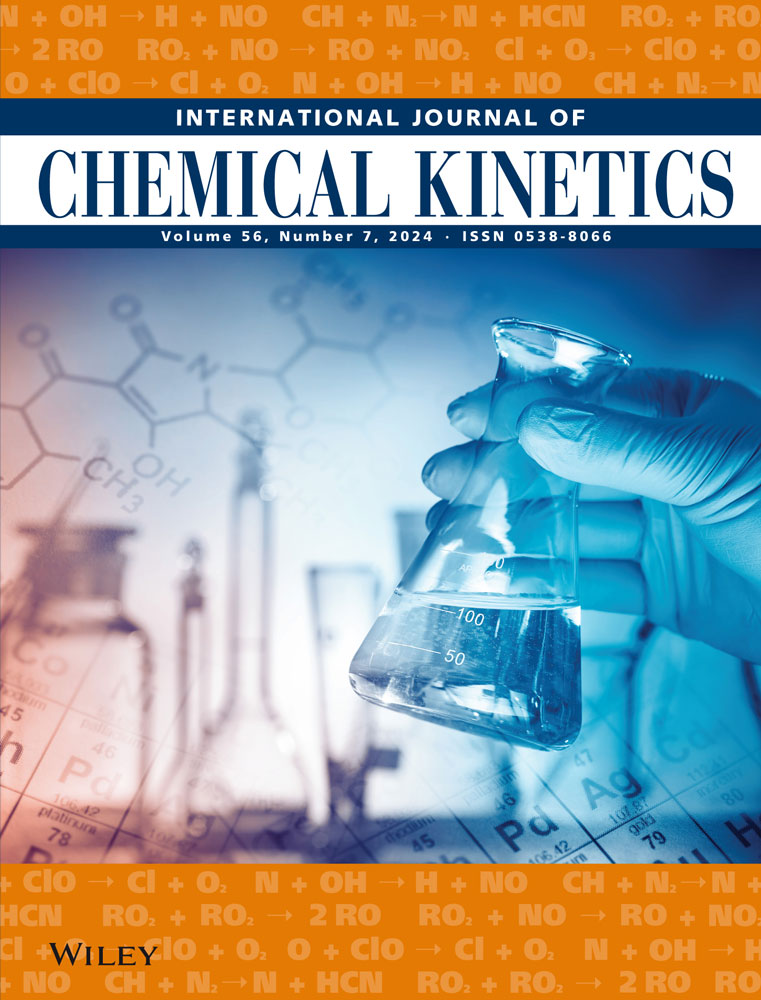Application of the kinetic polynomial idea to describe catalytic hydrogenation of propene
Abstract
The kinetics of heterogeneous catalytic reactions is a topic of theoretical and practical importance that combines theoretical and experimental efforts to achieve a deeper insight into the process. Theoretical aspects are concerned with determination of the process mechanism, whereas in practical applications kinetic experiments are applied to assist reactor design and scaling up of various processes. These approaches overlap; basis of the assumed mechanism that consists of many elementary steps, it is possible to find a kinetic equation for which precision is verified by comparison with experimental data. The method most often applied requires finding a single step that has the strongest influence on the process rate. This “classical approach” fails if the rate of two or more steps has comparable values, the precision of the determined kinetic rate becomes only average or even low. Such accuracy was observed, among others, for the gas-phase hydrogenation of propene. The reaction is easy to carry out and proceeds under mild conditions; the byproducts are not observed. It suggests that there cannot be a single dominating effect step on the process rate. In this work, the application of the polynomial kinetic idea to the gas-phase hydrogenation of the propene process realized in practice is tested. An attempt of obtaining a handy and precise relationship, without insignificant parameters was made. To realize this, the theoretical form of the polynomial kinetic was derived, and then, using statistical analysis of estimated polynomial parameters, the kinetic relationship was simplified. The final version of the kinetic polynomial and some selected kinetic equations taken from the literature were compared with respect to precision. The differences were significant: the precision of anticipation of the kinetic rate by the polynomial kinetic was 5% higher than for the power law and 12% higher than for the LHHW kinetic.
Open Research
DATA AVAILABILITY STATEMENT
The data that support the findings of this study are available from the corresponding author upon reasonable request.




